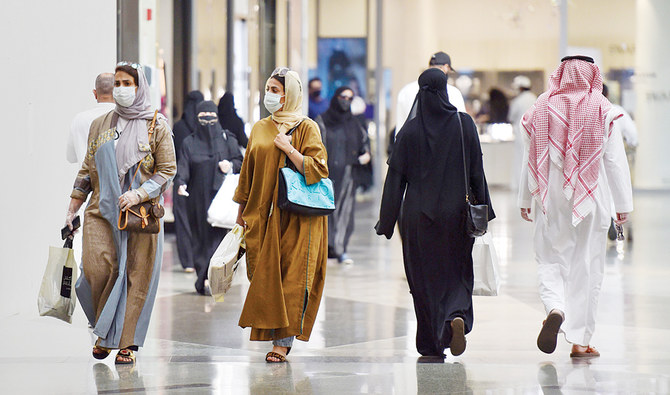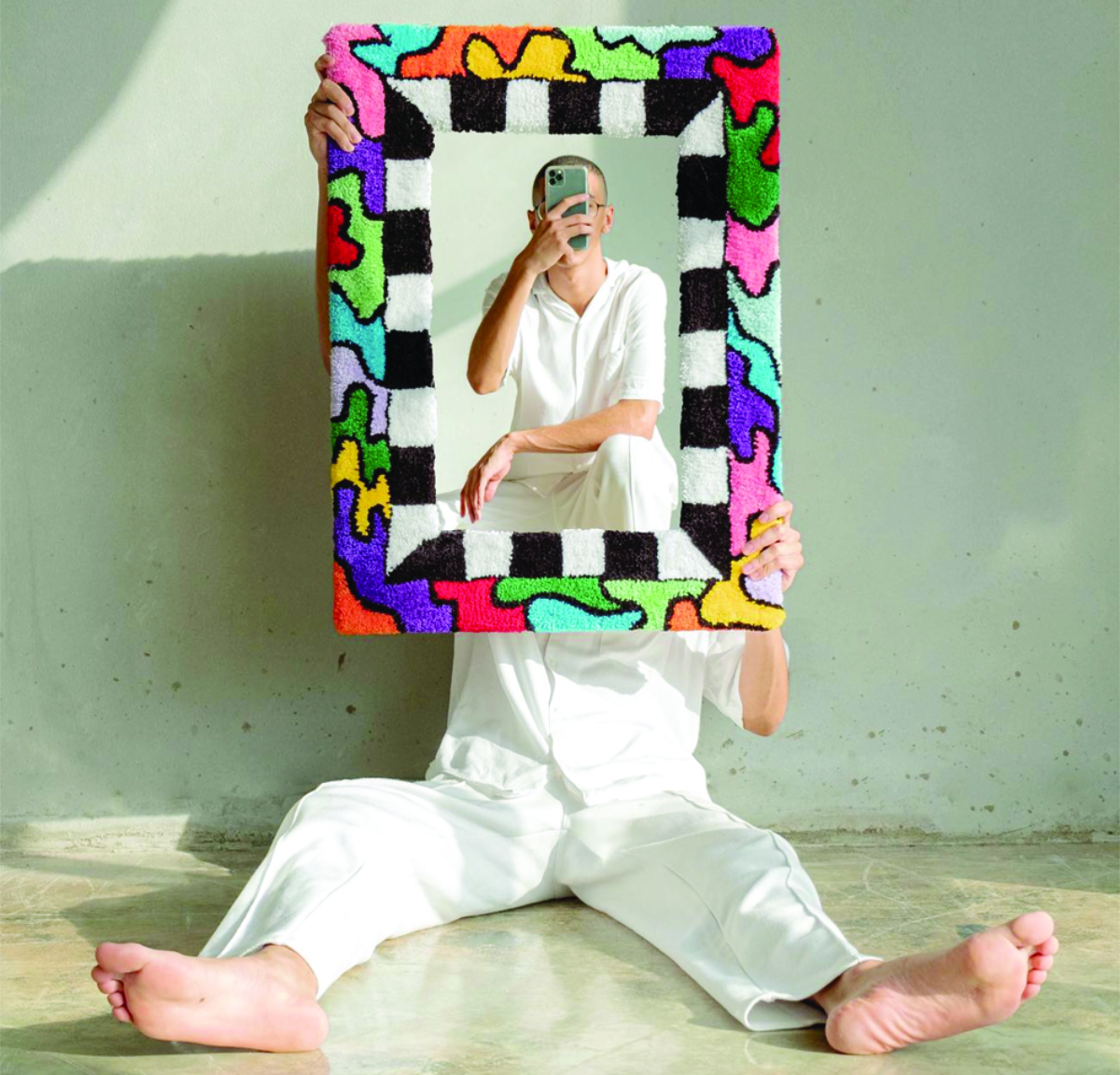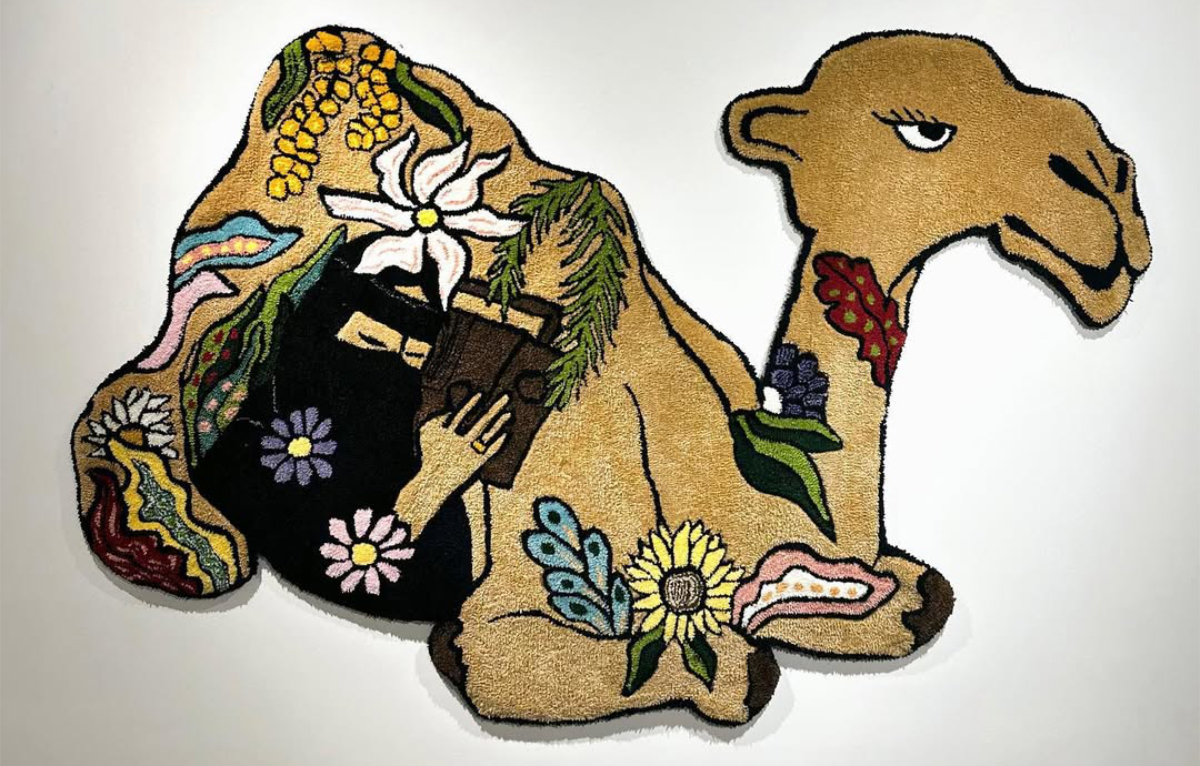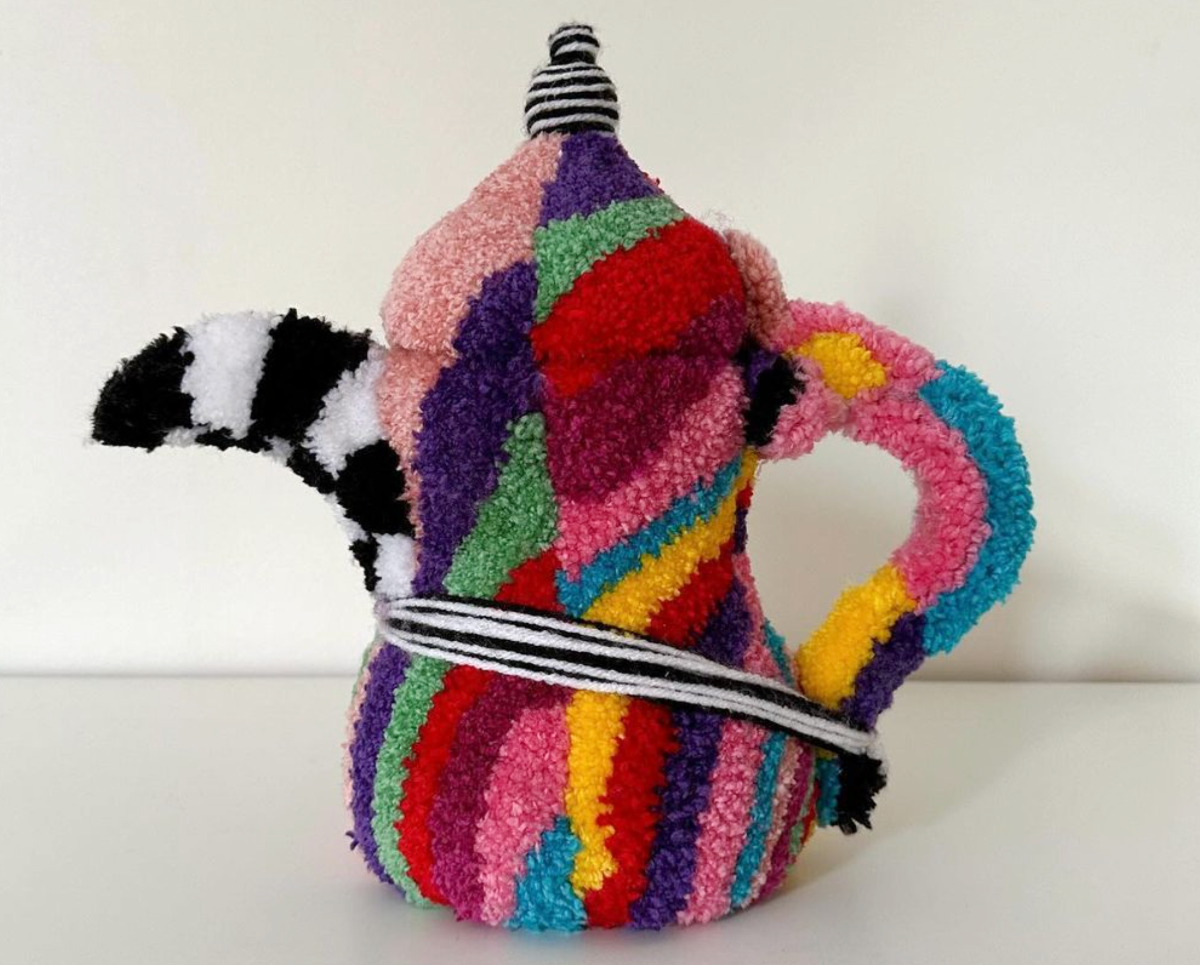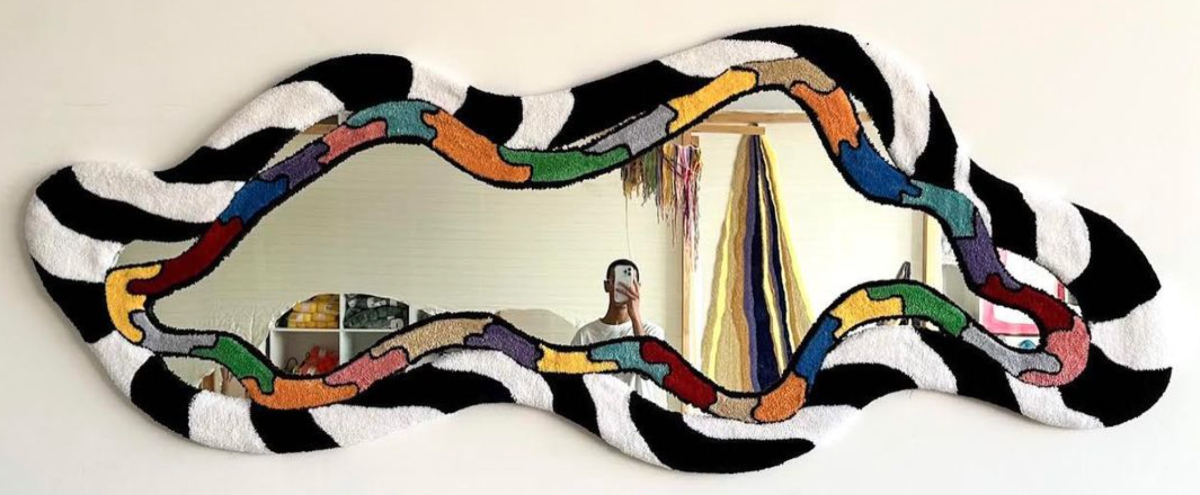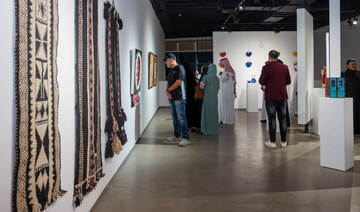RIYADH/JEDDAH: The Kingdom’s streets came back to life on Sunday after a months-long lockdown ended, with people breathing a (cautious) sigh of relief and resuming their everyday activities.
Saudi Arabia went into lockdown on March 21 and its three-phase unlock strategy started on May 28.
Protocols and preventive measures, such as social distancing, have been put in place as commercial activity resumes across the country. Restaurants and cafes have reopened again for indoor trade. Gyms, barbershops and beauty salons are also welcoming back clients.
The traffic movement in major cities was normal with no irregular traffic jams, according to residents. Although there was a noticeable increase in the numbers of people and children at malls and shopping centers, these places were significantly less crowded than the period before the outbreak. Shoppers adhered to social distancing and safety instructions.

Jeddah’s Corniche witnessed more visitors than it had done in previous weeks, but while people stuck to safety instructions their numbers were much less than usual.
Saja Al-Humayani said there was noticeable street congestion in the area where she went to work. “I am glad the restrictions are finally over,” she told Arab News. “I want to go to many places other than work, but I have to be cautious about my choice of time and place and I will have to organize them on a priority basis.”
Abrar Azzouz was eager to go out but, as the only person who left the house on a regular basis, she had to be careful and responsible for the sake of her family’s safety.
“I was in Al-Tahliyah today, and I could see that cafes and restaurants were busy since the early morning,” Azzouz told Arab News.

In Riyadh, product design director Mariam Al-Hazmi believed that people had become more aware and ready for this phase of the unlock. “I feel that restaurants and malls are not essential as much as going to work and working out in gyms,” she told Arab News. “I also don’t think social gatherings are necessary especially these days and, if it is a must, people should apply social distancing even in their homes. No need to greet with kisses and hugs.”
Al-Hazmi hoped that people would be more understanding about refraining from physical greetings in order to help curb the spread of coronavirus, insisting that a phone call to elderly loved ones was enough to ensure their safety too.
HIGHLIGHTS
• Restaurants and cafes have reopened again for indoor trade. Gyms, barbershops and beauty salons are also welcoming back clients.
• Shoppers adhered to social distancing and safety instructions.
• The traffic movement in major cities was normal with no irregular traffic jams, according to residents.
• Although there was a noticeable increase in the numbers of people and children at malls and shopping centers, these places were significantly less crowded than the period before the outbreak.
• Jeddah’s Corniche witnessed more visitors than it had done in previous weeks, but while people stuck to safety instructions their numbers were much less than usual.
Alyaa Al-Shammari, who owns a women’s tailoring shop in Riyadh, was excited about reopening her doors. “During the curfew phase our businesses were struggling because of a lack of customers,” she told Arab News. “We were exposed to many difficulties resulting in a disruption in the payment of rent, bills, and salaries of employees.”
Al-Shammari was expecting customers to come back during this phase of the unlock, but she was also taking steps to ensure the health and safety of her employees and clients.
“We will certainly follow the instructions of the Ministry of Commerce and apply precautionary measures,” she added. “We have provided all the necessary protective supplies and disinfectants, cleaning the area and tools daily. Moreover, we will welcome no more than three customers and receive orders with prior reservations only. Employees are obligated to use protective tools such as masks, gloves, and sanitize their hands constantly, and warning them not to touch the customers directly, and to adhere to the cleanliness of the place continuously.”
Restaurant owner Arwa Al-Tuwaijri said that even though the last few months had been hard for everyone, and not just entrepreneurs, people were optimistic about the next phase. “I now see how people are eager to return back to their normal lives and go to restaurants and coffee shops,” she told Arab News. “People have missed the small details in their daily lives like passing by their favorite coffee shop or having lunch in their favorite restaurant. I expect that the previous phases increased awareness among the people and even for us as restaurant owners in terms of constantly checking that procedures are followed, taking the necessary precautions, and reading the protocols issued by the Ministry of Health, and applying them.”
There are thorough ministerial guidelines for everyone to follow during this new phase, and violators face a fine when they are caught not following protocols. Residents are also encouraged to voice their concerns, file complaints and report any violations through apps.
Al-Tuwaijri was keen to provide the required measures like thermometers, face masks and gloves to both employees and customers.
“At the entrance of the restaurant there will be one employee who will check the temperature of customers and also remind people who experience symptoms that they should take responsibility and stay at home,” she said. “We are committed to the protocol of disinfecting bathrooms as recommended by the Ministry of Health every two hours and periodically change face masks, as well as provide hand sanitizers for employees and customers. Customers will also have the option of eating with paper plates, forks, spoons, and cups.”
While many people have voiced their excitement about going back to their normal everyday lives, some remain hesitant and vigilant, opting to stay indoors for the time being and continue hunkering down although they are also relieved about being able to go out freely if needed. One of these people is Muna Abdullah, who has no plans to venture outside for leisure purposes at the moment.
She commutes daily to work and back and has seen no difference between how it was before the curfew and now. “It seems we are truly back to normal,” she told Arab News. “I did not notice any unusual overcrowding compared to life before movement restrictions.”
Salma Hussain also said she would not leave the house yet, except to go to the supermarket or resume her postponed medical appointments. “I’ll possibly do some limited family visits too, but I won’t go to restaurants or shopping before another month passes,” she told Arab News.
Deema Al-Sehli, a project design manager based in Riyadh, supported the idea of ending the curfew and people picking up their normal everyday activities because the country had taken all the necessary measures for months. It was now time for people to take responsibility to protect themselves and others, she said.
“To be honest I think there is a problem of awareness and commitment from all segments of society, which is scary,” she told Arab News. “I’m not expecting to go anywhere for the two upcoming weeks until I see the number of cases decrease and see how aware people are. I admit that I have a fear, facing the move to going back to normal life. I don’t fear getting infected as much as the fear of harming my family.”
As many Saudi residents face the challenge of returning back to pre-lockdown life, the underlying message is that the pandemic is not over and the threat of a surge is on the minds of many.
It is up to people to be responsible and live a careful life until the threat level is lowered. With a unified front, the end goal is within reach.


